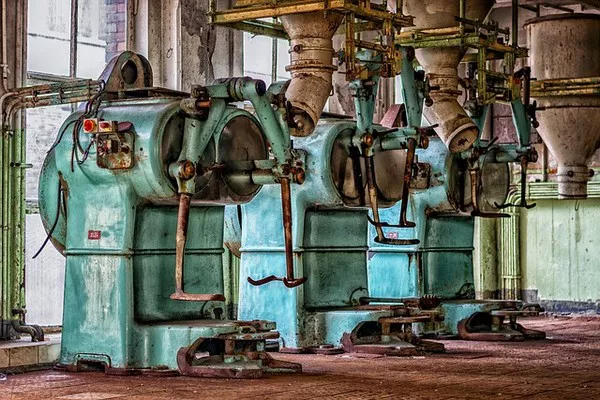A new report from the Institute of Energy Economics and Financial Analysis (IEEFA) questions the viability and environmental impact of Mitsubishi Chemical Group’s proposed $1.3 billion chemical production facility in Louisiana. According to the Ohio-based nonprofit, the project is economically unfeasible and exacerbates greenhouse gas emissions.
The report criticizes the Mitsubishi plant as “the wrong project, at the wrong place and time, with the wrong financial scenario.” The planned facility, set to produce 350,000 tons of methyl methacrylate (MMA) annually, would rank among the top 50 greenhouse gas emitters in the state. This location in Ascension Parish, situated along the Mississippi River between Baton Rouge and New Orleans, is known as “Cancer Alley” due to its history of industrial pollution.
IEEFA highlights that the facility would emit over 780,000 tons of carbon dioxide each year, despite the availability of a less carbon-intensive production method. Mitsubishi had previously claimed that their facility would have the lowest possible carbon footprint for MMA production and that the natural gas-based process would advance away from the cyanide-based production traditionally used.
However, the IEEFA report suggests Mitsubishi could adopt an alternative biofuel-based technology, which is already in use by Mitsubishi and its competitors. This method, they argue, would be more environmentally friendly and economically viable.
The report also addresses the deteriorating market conditions for the facility. Since Mitsubishi began planning the plant in 2014, construction costs have risen, MMA prices have stagnated, and growth forecasts have declined. By the time the facility is operational in 2028, the U.S. market for MMA is expected to be oversaturated, with domestic producers poised to exceed demand by about 200,000 tons.
Tom Sanzillo, IEEFA’s director of financial analysis, notes that the U.S. market for MMA is not anticipated to expand beyond its historical trends. Additionally, the facility may struggle to find a market in China, which is a major consumer and producer of MMA. Mitsubishi has already closed a similar plant in Hiroshima due to oversupply from China.
European and Middle Eastern markets also face uncertainties due to ongoing conflicts in Ukraine and Gaza, further complicating the facility’s potential market reach.
Mitsubishi Chemical Group has declined to comment on the IEEFA report and has yet to make a final investment decision. The company received a $17 million tax exemption from Louisiana for the plant’s first year, but delays in construction suggest Mitsubishi may be waiting for improved market conditions before proceeding. Sanzillo criticizes this approach, stating, “The company is now using the government as a speculative tool.”
While the Louisiana Department of Environmental Quality has indicated that the plant will not significantly impact local air quality, environmental groups argue that the facility’s emissions could have serious health repercussions, including respiratory issues and cancer. Local residents have voiced strong opposition, with some fearing that the facility will offer little benefit to the community compared to the potential environmental harm.
The Mitsubishi plant is expected to create 125 direct jobs, but skepticism remains among residents like Ashley Gaignard, founder of the environmental justice nonprofit Rural Roots. “Bringing more industries into the community is a false solution,” Gaignard asserts. “Industry is the wheel that keeps Louisiana burning. And that’s the real truth about it.”


